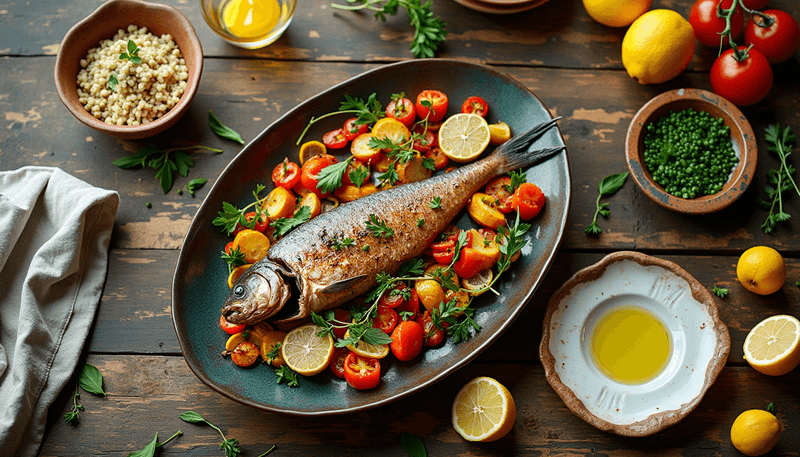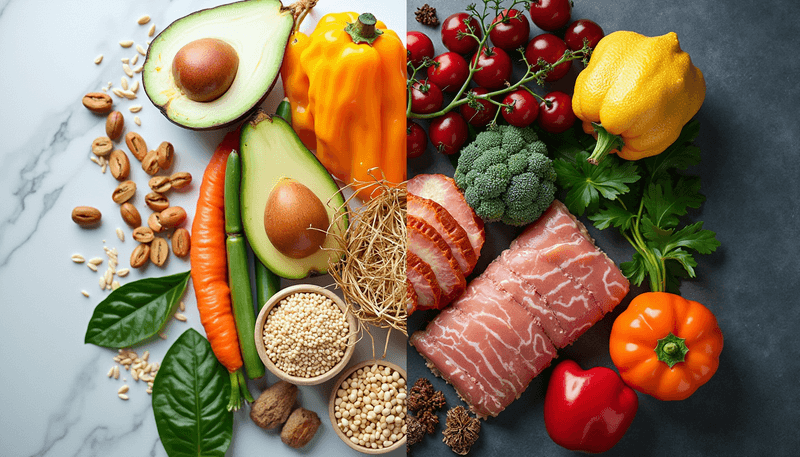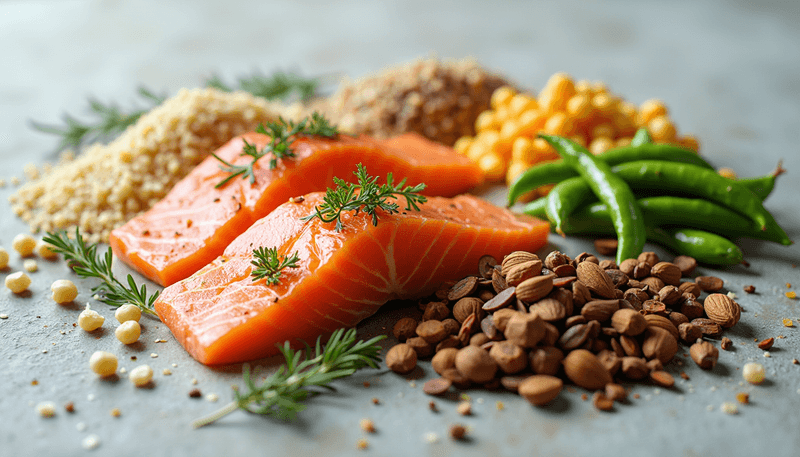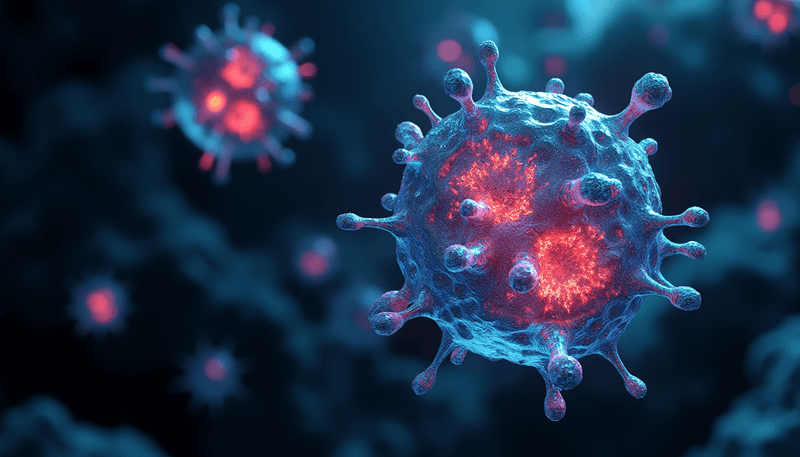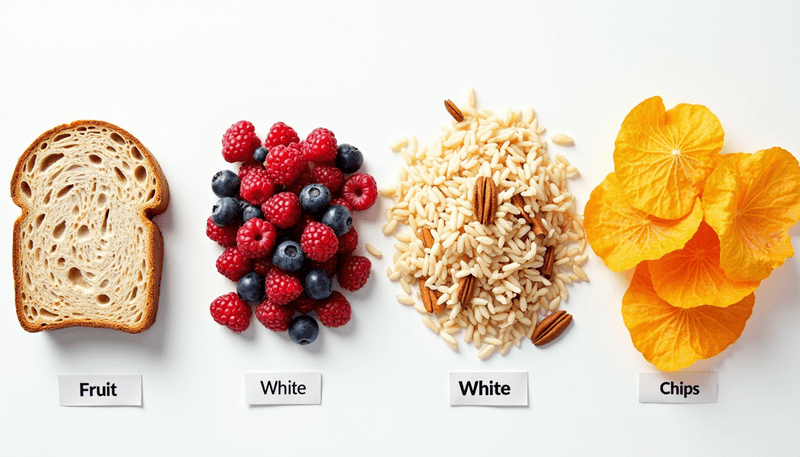Better Diet May Lower Breast Cancer Risk

What if I told you that the meals you put on your plate could significantly influence your breast cancer risk? A groundbreaking study from Tehran University of Medical Sciences reveals that women who follow healthier eating patterns may reduce their breast cancer risk by up to 78%, particularly after menopause. As a physician and women's health advocate, I find these findings both compelling and actionable.
The Power of a Quality Diet Score
The study used something called the Healthy Eating Index-2010 (HEI-2010) to measure diet quality. Think of this score as a report card for your eating habits - it evaluates how well your diet aligns with recommended guidelines for various food groups. The higher your score, the better your dietary habits.
Have you ever wondered why some cultures seem to have lower rates of breast cancer? The answer might be right on their dinner plates.
What makes this study particularly valuable is its size and focus - tracking 1,050 women in Iran, including both those with and without breast cancer. The researchers found that women with the highest HEI scores had a 60% lower chance of developing breast cancer compared to those with the lowest scores.
Post-Menopausal Protection
One of the most striking findings was the strong protective effect in post-menopausal women. Those following the healthiest eating patterns showed a remarkable 78% reduction in breast cancer risk. This suggests that good nutrition becomes even more critical after menopause.
Why does this matter more after menopause? During this life stage, the body's natural protective effects from estrogen decline, making dietary choices increasingly important for breast health. It's like replacing a natural shield with a dietary one.
Question for reflection: What small changes could you make to your diet today that might protect your health tomorrow?
Components of a Protective Diet
The study highlighted several key dietary elements associated with lower breast cancer risk:
- Abundant plant foods: Fresh fruits, vegetables, and legumes
- Whole grains: Instead of refined grains
- Healthy proteins: Including seafood and plant-based proteins
- Dairy products: Rich in calcium and vitamin D
- Limited processed foods: Especially those high in refined sugars and unhealthy fats
The Science Behind the Protection
The protective effects of a high-quality diet work through multiple mechanisms:
-
Anti-inflammatory effects: Fruits, vegetables, and whole grains contain compounds that help reduce inflammation in the body. Think of inflammation as a slow-burning fire that can damage cells over time.
-
Fiber benefits: Dietary fiber helps regulate estrogen levels and removes harmful compounds from the body. It's like a natural filtering system.
-
Antioxidant protection: The vitamins and minerals in whole foods help neutralize harmful free radicals. Imagine antioxidants as your body's cleanup crew, removing dangerous substances before they can cause damage.
As someone who has counseled countless women about breast health, I've seen firsthand how dietary changes can transform health outcomes. One of my patients, Sarah, reduced her breast cancer risk factors significantly by switching from a processed food-heavy diet to one rich in Mediterranean-style meals.
"The food choices we make aren't just about today's health - they're an investment in our future well-being."
The beauty of these findings lies in their practicality. You don't need expensive supplements or complicated meal plans. Simple switches, like choosing whole grain bread instead of white, adding an extra serving of vegetables to your meals, or including more legumes in your diet, can make a significant difference.
Start with one change this week. Perhaps swap your afternoon snack for a piece of fruit and handful of nuts, or add an extra serving of vegetables to your dinner plate. These small steps can add up to significant protection for your long-term health.
Your journey to better breast health through nutrition starts with your next meal. Which healthy eating change will you make today?

Dr. Anya Sharma, MD
Dr. Anya Sharma is a board-certified gynecologist with over a decade of experience specializing in women's health and patient education. She graduated from Johns Hopkins School of Medicine and completed her residency in Obstetrics and Gynecology at a top hospital in New York City. With a passion for empowering women, Anya transitioned to content creation to provide accessible, evidence-based information on health topics relevant to mid-aged women. Her empathetic and pragmatic approach combines medical expertise with relatable insights, making her a trusted voice in the field.
